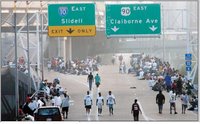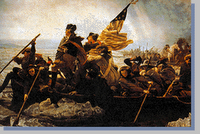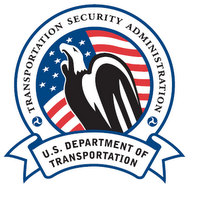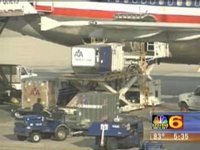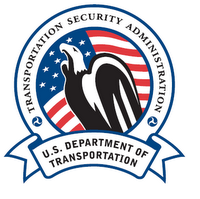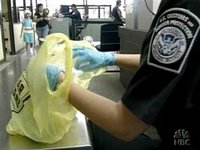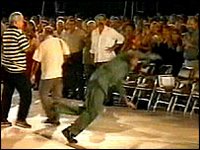Hurricane Katrina - Part 2: Why did it ever happen?
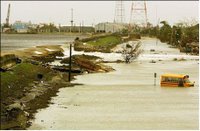 It's been a year since Hurricane Katrina hit New Orleans, but the problem has been brewing for much longer than that. Most of New Orleans is built under sea level, about 80% of the city was underwater a year ago. The city is dependent upon levies to hold water back, and pumps to clear the water out. Of course the failed, and water faithfully obeyed gravity and marched on in. First of all, I question why you would put a city under sea level by water in the first place. You're just asking for a disaster to happen. I guess we know we why we got such a bargain on the Louisiana Purchase from the French. And people had run computer simulations and predicted this very disaster before last year. And yet, nothing was done to prevent it in the long term, and I fear nothing will be done to prevent it from happening again.
It's been a year since Hurricane Katrina hit New Orleans, but the problem has been brewing for much longer than that. Most of New Orleans is built under sea level, about 80% of the city was underwater a year ago. The city is dependent upon levies to hold water back, and pumps to clear the water out. Of course the failed, and water faithfully obeyed gravity and marched on in. First of all, I question why you would put a city under sea level by water in the first place. You're just asking for a disaster to happen. I guess we know we why we got such a bargain on the Louisiana Purchase from the French. And people had run computer simulations and predicted this very disaster before last year. And yet, nothing was done to prevent it in the long term, and I fear nothing will be done to prevent it from happening again.The levies were supposedly built to withstand a Category 3 storm. Hurricane Katrina was said to be a Category 5 storm, but by the time it hit it was a Category 4 storm, although there is evidence it was even weaker. Now perhaps Category 5 hurricanes are rare, but given enough time one was bound to hit New Orleans, and indeed did. Even if a Category 5 storm hits New Orleans every 50 years, (there is no guarantee another one won't happen again sooner than that) the cost of the disaster is too high not to build levies to protect against a Category 5 hurricane. The costs of a sufficient levy system far outweigh the cost of rebuilding after weaker and cheaper levies fail. And although it would have been preferably to have a strong levy system built before Katrina, it is still warranted as another strong hurricane will almost certainly hit again.
Now the problem of the levies is not the fault of any one person. The problem existed before Bush entered office, even before Clinton entered office, and would not have been different if Gore or Kerry had won. The Army Core of Engineers was responsible for the levies, but they have to have money from the politicians. The Congressional representatives of New Orleans shouldn't have rest until they obtained money to build levies that could withstand a Category 5 hurricane, even if they had to abandon all other pork barreling. They should fight like that now. We should not rebuild New Orleans if we are not willing to commit to building such levies this time around. Why have all the money spent be washed away by another hurricane?
I'm personally not sure that New Orleans should be rebuilt anyways. Again, it is under sea level. The government has before designated flood zones and stopped people from living in those vulnerable areas. Perhaps the government should do the same again. Let's just give everyone there a check for the value of their house before the storm and move everyone out instead of spending it on rebuilding in a vulnerable area. I went down there last spring and the destruction left is still unbelievable, so its not too late to stop rebuilding. The costs of rebuilding plus a new, sufficient levy system probably cost more than just buying out everyone. Then we sell all the land to the Disney Corporation and they can turn the French Quarter into another Magic Kingdom.
Of course, New Orleans is going to be rebuilt, whether or not it makes any sense to actually do so. The government on all levels does not have the foresight and will to seriously consider not rebuilding in vulnerable areas. Besides, we're Americans and we can do whatever we want. We won't let nature and geography stand in our way. And since we will rebuild, a good level system should be built, but again it won't happen, because we won't spend the billions of dollars necessary to prevent it. I hope I'm wrong, but I predict all this happening again down the road, maybe in a few years, maybe in a few decades. And when it does, we'll just rebuild again without looking ahead.
